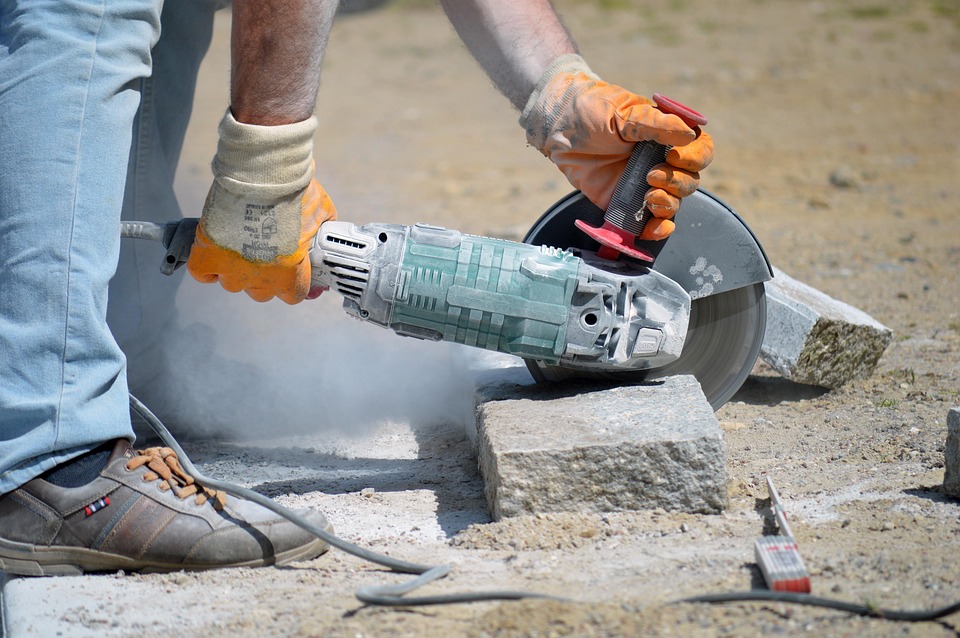Essential Interview Guides for Work Placement Coordinators: Tips and Strategies for Success
Navigating the intricate landscape of work placements is no small feat, particularly for those tasked with coordinating these vital opportunities. The role of a work placement coordinator is multifaceted, requiring a delicate balance of organisational prowess, interpersonal skills, and a keen understanding of the job market. Below are some essential tips and strategies to enhance your effectiveness in this crucial position.
Understanding the Role
-
Diverse Responsibilities: From liaising with employers to preparing students for interviews, the scope of a coordinator’s responsibilities can be overwhelming. It’s vital to have a clear grasp of the expectations that come with the role. This includes not just administrative duties, but also mentoring students and ensuring they feel confident in their capabilities.
-
Building Relationships: Establishing strong connections with local businesses and organisations can open doors for your students. Regularly attend networking events and engage with industry professionals to cultivate a robust network. Remember, relationships are built on trust and mutual benefit; understanding the needs of employers can place your students in the best possible positions.
Preparing Students for Success
-
Mock Interviews: Conducting mock interviews can be an invaluable exercise. This not only familiarises students with the interview process but also helps them refine their communication skills. Providing constructive feedback is essential; focus on both strengths and areas for improvement to ensure a balanced approach.
-
CV Workshops: A well-crafted CV is a cornerstone of any successful job application. Organise workshops that guide students through the intricacies of writing an effective CV. Emphasise the importance of tailoring their CVs to specific roles, highlighting relevant experiences and skills that align with potential employers’ needs.
The Interview Process
-
Understanding Employer Expectations: Familiarise yourself with what employers are looking for in candidates. This can vary widely across industries, so conducting thorough research is imperative. Understanding these expectations will enable you to prepare your students more effectively.
-
Encouraging Self-Reflection: After interviews, encourage students to reflect on their performance. What went well? What could have been improved? This self-analysis fosters personal growth and equips them with the tools to enhance their future interviews.
Continuous Improvement
-
Feedback Mechanisms: Establish channels for feedback both from students and employers. This two-way street is crucial for refining your approach. Regularly assess your strategies and be open to adapting based on the insights gathered.
-
Professional Development: The landscape of work placements is ever-evolving. Engage in continuous professional development to stay abreast of new trends and best practices. Attend workshops, seminars, and conferences related to career development and placement coordination.
Final Thoughts
The role of a work placement coordinator is pivotal in shaping the future careers of students. By embracing a holistic approach that combines preparation, relationship-building, and continuous improvement, you can significantly enhance the effectiveness of your work. A well-structured strategy not only benefits students but also strengthens ties with employers, creating a win-win situation for all involved.
For those looking to delve deeper into crafting impactful CVs and enhancing their interview skills, CVPortal continues to provide a wealth of high-quality resources to support your journey.


